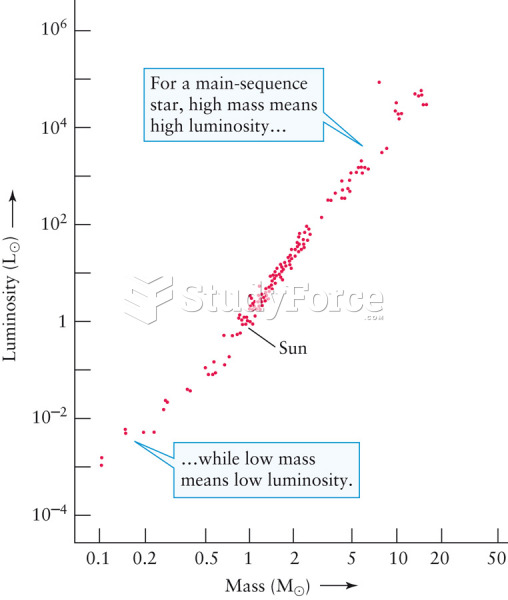|
|
|
Drying your hands with a paper towel will reduce the bacterial count on your hands by 45–60%.
Nitroglycerin is used to alleviate various heart-related conditions, and it is also the chief component of dynamite (but mixed in a solid clay base to stabilize it).
All patients with hyperparathyroidism will develop osteoporosis. The parathyroid glands maintain blood calcium within the normal range. All patients with this disease will continue to lose calcium from their bones every day, and there is no way to prevent the development of osteoporosis as a result.
Drug abusers experience the following scenario: The pleasure given by their drug (or drugs) of choice is so strong that it is difficult to eradicate even after years of staying away from the substances involved. Certain triggers may cause a drug abuser to relapse. Research shows that long-term drug abuse results in significant changes in brain function that persist long after an individual stops using drugs. It is most important to realize that the same is true of not just illegal substances but alcohol and tobacco as well.
Liver spots have nothing whatsoever to do with the liver. They are a type of freckles commonly seen in older adults who have been out in the sun without sufficient sunscreen.
 Dred Scott and his wife and children are featured on the cover of Frank Leslie’s Illustrated Newspap
Dred Scott and his wife and children are featured on the cover of Frank Leslie’s Illustrated Newspap
 Cross-fiber friction to the paraspinal muscles. Friction is created by moving the more superficial ...
Cross-fiber friction to the paraspinal muscles. Friction is created by moving the more superficial ...





